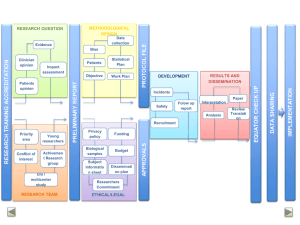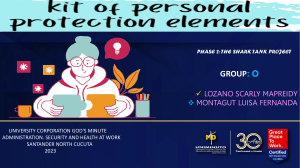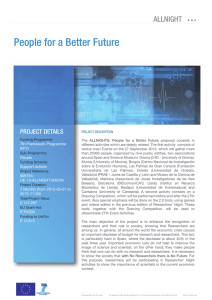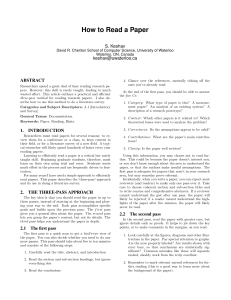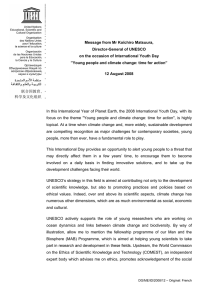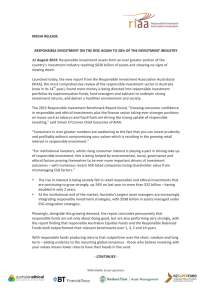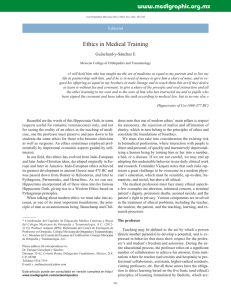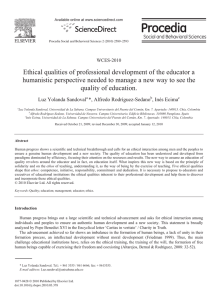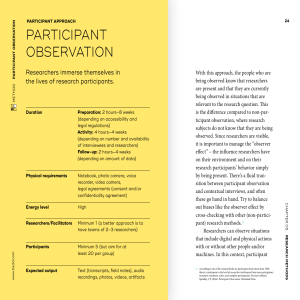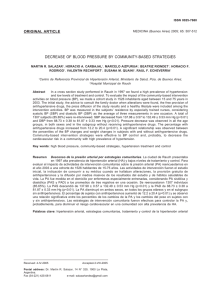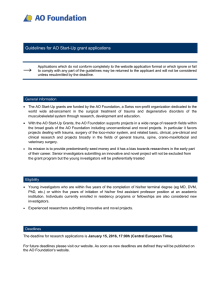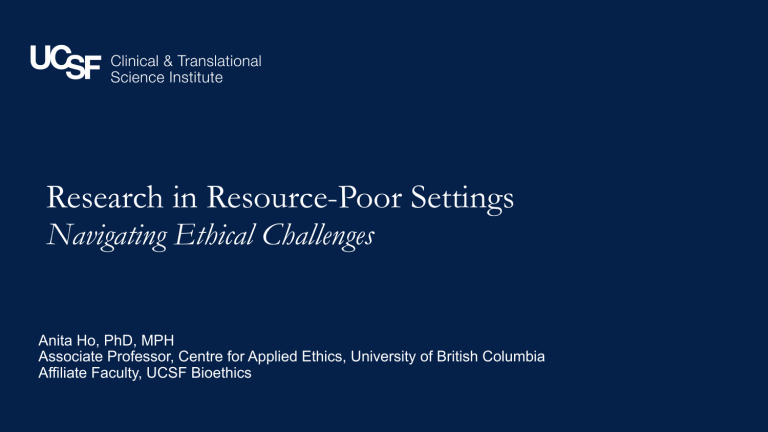
Research in Resource-Poor Settings Navigating Ethical Challenges Anita Ho, PhD, MPH Associate Professor, Centre for Applied Ethics, University of British Columbia Affiliate Faculty, UCSF Bioethics Dr. Carol Pavlish With Rose and Lawrence from ARC in Yei, South Sudan 2 3 Presentation Title and/or Sub Brand Name Here 7/6/17 Photo source: http://a.abcnews.com/images/International/AP_South_Sudan_Targeted_Rapes_MEM_160804_16x9_992.jpg 4 5 Ethical Concerns §Outside of the IRB protocol § Original protocol: Key informant interviews with officials and service providers; focus groups with community residents §Was voluntary and informed consent possible? § The woman wanted to tell her story § But can someone under police protective custody feel free to decline UNPOL’s request even if she didn’t want to? § Even we – the researchers from “rich” foreign institutions – didn’t feel comfortable saying no to the UNPOL! 6 “Vulnerable” Participants §Potential targets for manipulation and coercion, or exploitation for the sake of researchers’ benefits due to their disadvantaged positions 7 Belmont Report (1979): Ethical Principles for Human Research § Three ethical principles: Respect for persons, beneficence, justice § Respect for persons requires treating individuals as “autonomous agents” and protecting those “with diminished autonomy.” § Researchers need to take extra care when recruiting “vulnerable subjects,” whose legal or sociocultural status reduces their relative power or ability to promote their own vital interests. § People’s presumed “dependent status” may “compromise [their] capacity for free consent.” (Part 3.3, para 5) 8 Council for the International Organizations of Medical Sciences § CIOMS: “Special justification” and strict application of rights/welfare protection when recruiting prospective participants who are relatively incapable of protecting their own interests. § Particular focus on the vast socioeconomic and political disparities in the global community (CIOMS, 2002, 2016) 9 Respect for Persons Revisited § Community-based research involves more than the research participants § Respect for the woman/family, for the organizational partner, for the police who were facilitating contact § Given the nature of community-based collaborative research, would a blanket protective approach to restrict participation based on presumptions of vulnerability be the most effective means to promote or respect the woman/family’s autonomy? § What would respect for the collaborating organization require in a community-based research setting? 10 Other Practical Questions § Expect unexpected situations § Implications for relationships of trust: with the participant, with the community partners § Reflexivity and fluidity in unfamiliar settings § Would a protective approach to restrict participation of “vulnerable” persons promote or further deny the woman’s agency? § What about respect and trust of the community partners, who offered the most community-relevant way to contribute? 11 Cautions § Unexpected situations in community-based research do not negate IRB and research ethics guidelines. § If the recruitment criteria were sound, the burden of proof is on the researcher to justify deviation. § Clinical trials: inclusion criteria are often standardized for generalization purposes. Exceptions can be made at the level of considering different contextual factors or processes in judging the protocol, such as conducting clinical trials during an outbreak or emergency disaster. § WHO: training manual on possible variations to standard procedures of ethics review that apply to research in emergencies. 12 Take-Home Lessons § Researchers need to attend to what would benefit the community (as defined by the community) and design and conduct the study accordingly. § Ethical guidelines for human participant protection continue to apply, but local contexts and realities need to be considered in determining the best ways to uphold participants’ rights and respect for their communities. § Close collaboration with local organizations from research inception can help to promote respectful research design and recruitment. § Input from community representatives about ethical and culturally respectful conduct can help researchers prepare for unusual circumstances. § Deviation from protocol: researchers should seek guidance and re-approval before using the data collected. 13
